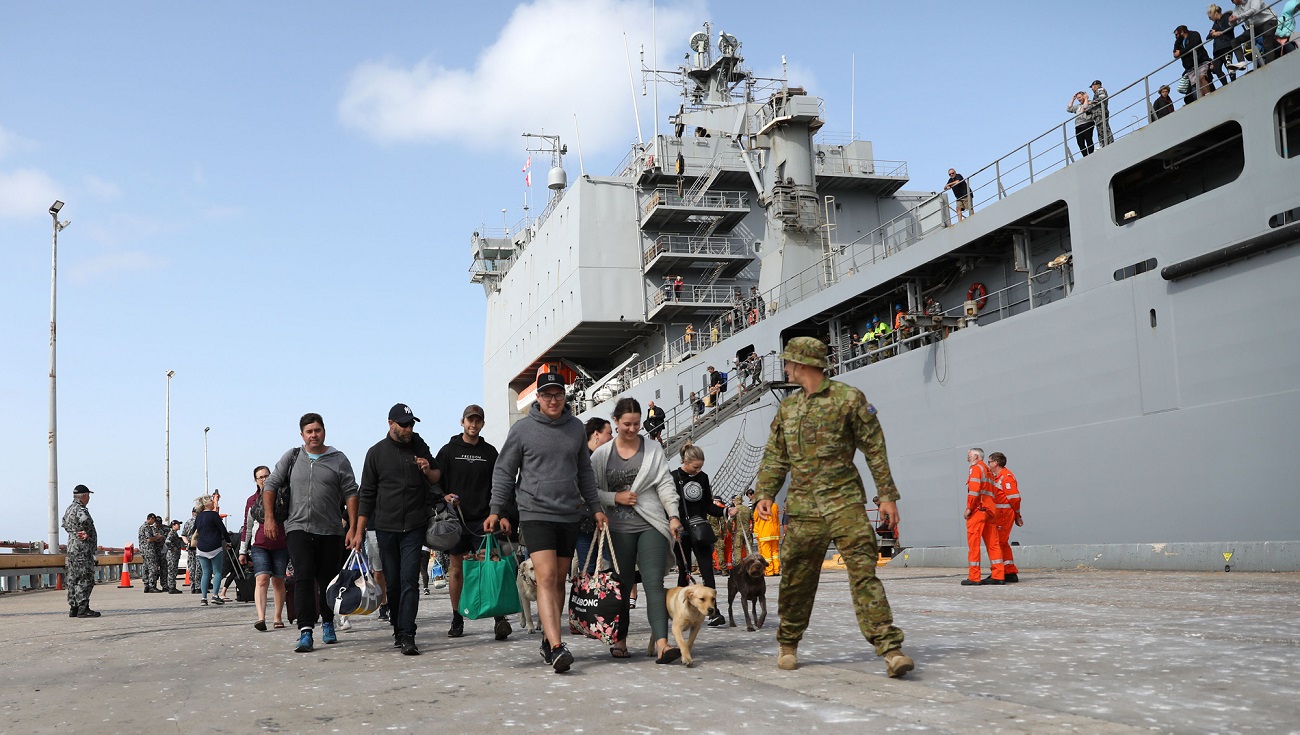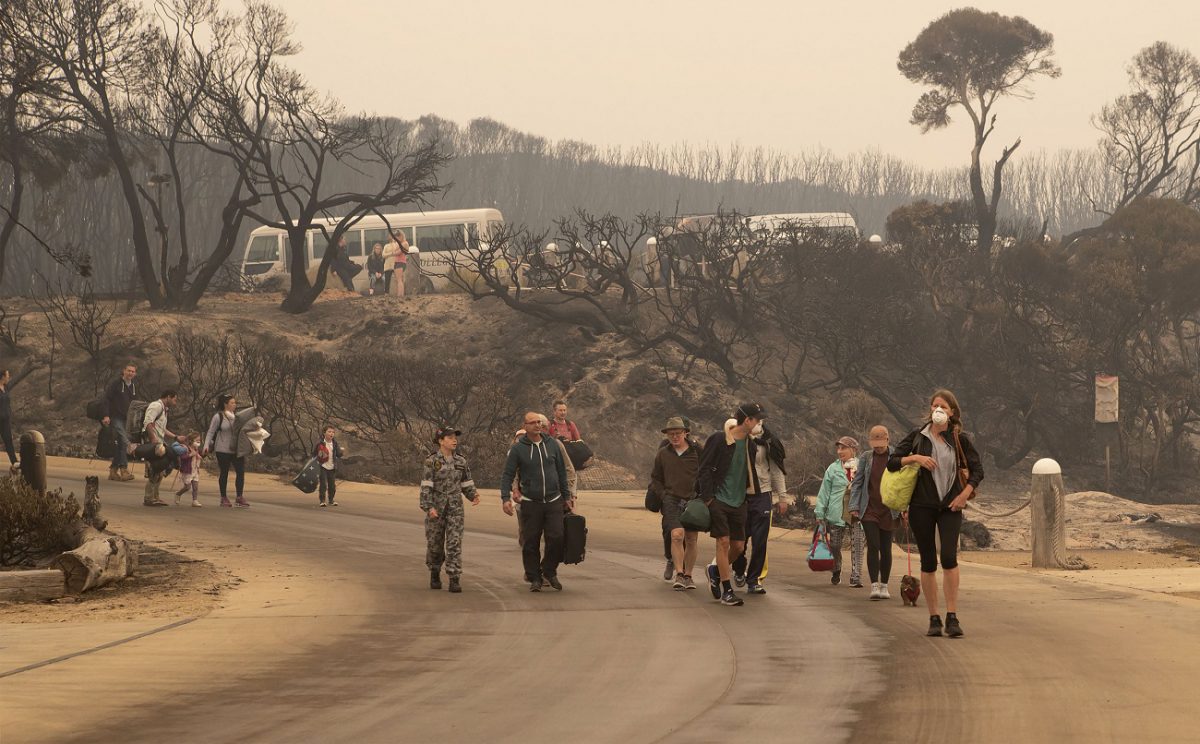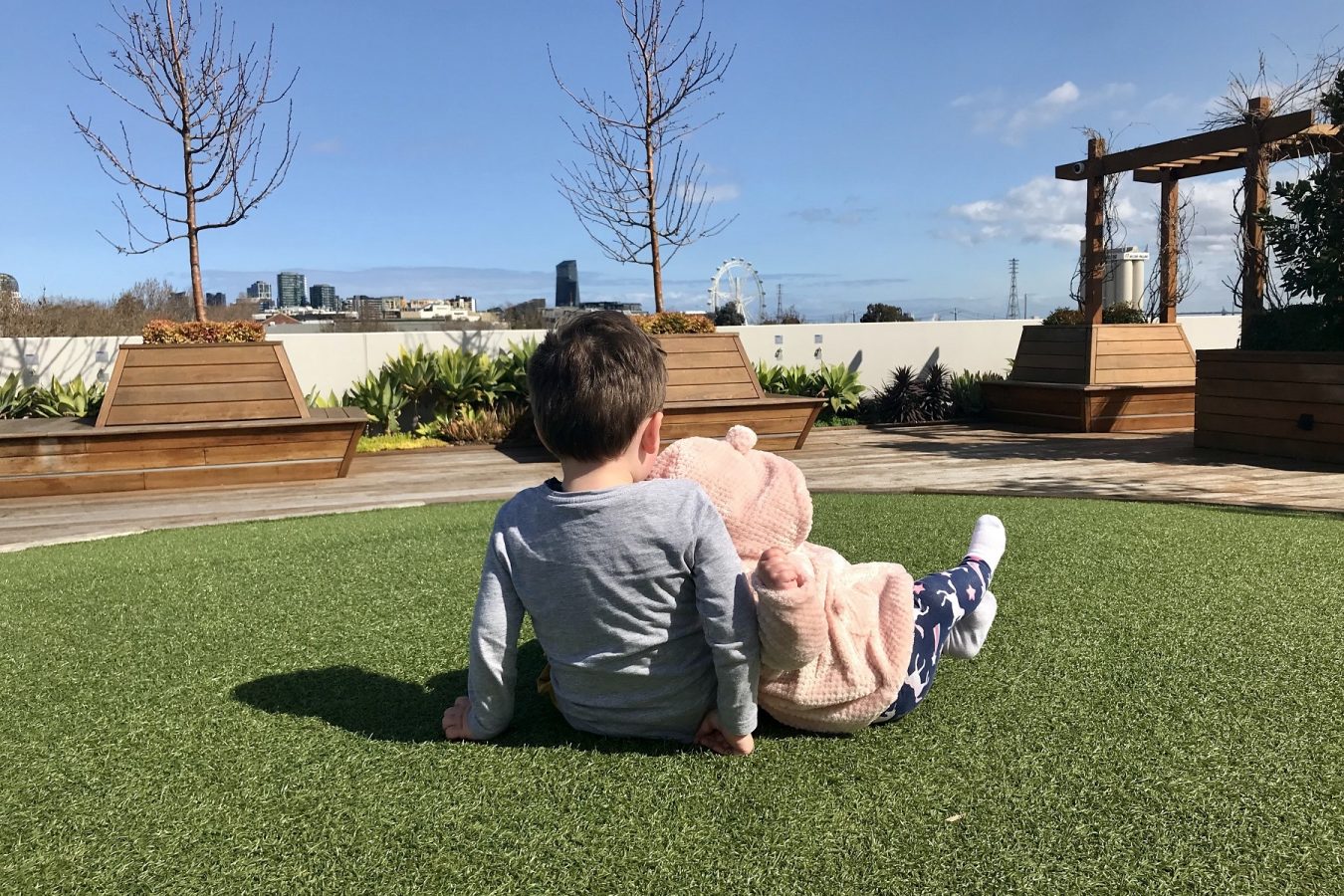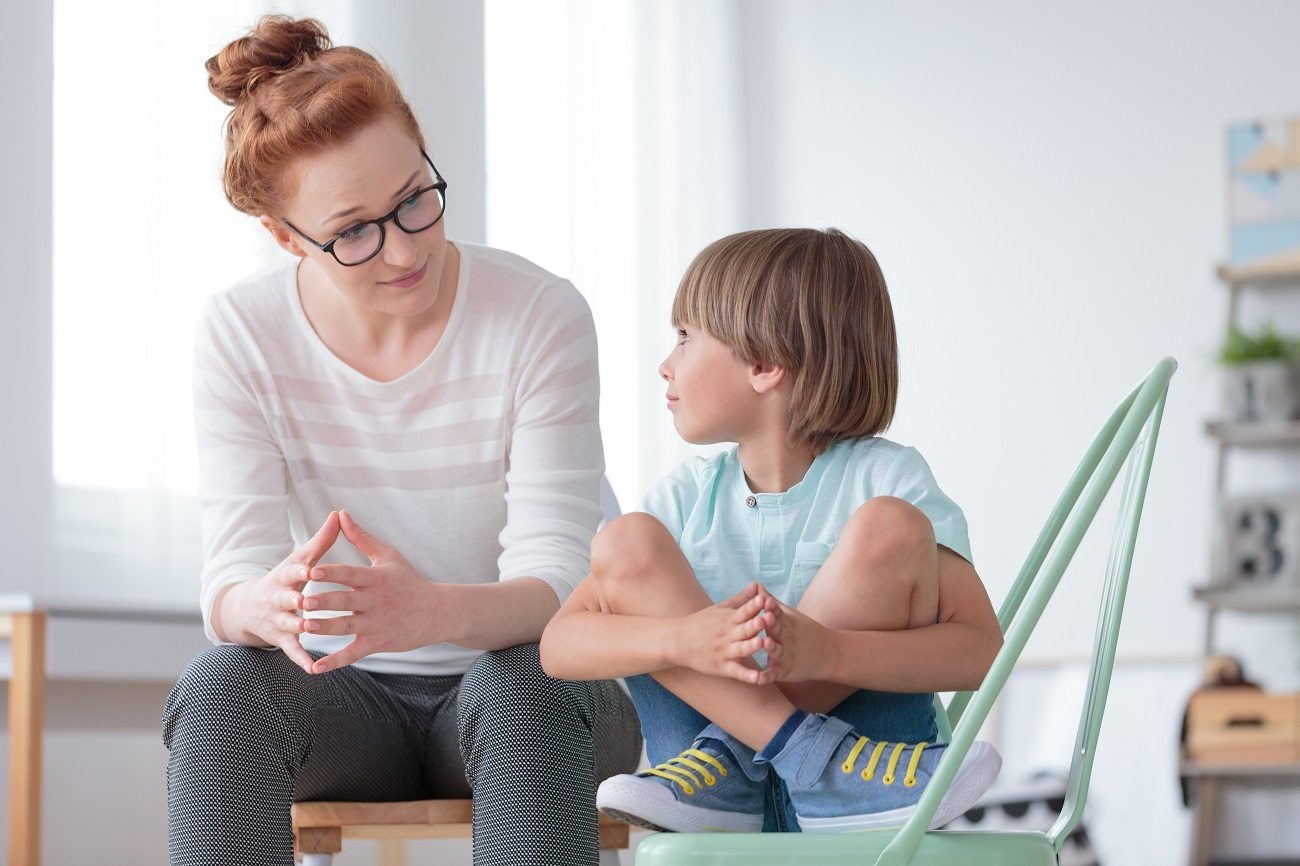
University of Melbourne's Professor Meaghan O'Donnell provides some useful, research-backed advice to support family and friends who have been through life-threatening and distressing events.
As a researcher and clinician who works with people directly impacted by traumatic events I’m often asked how to support the emotional recovery of people who have been through life-threatening and distressing events.
Given the thousands of people who are being directly impacted by the current bushfires, and the thousands more being indirectly affected, here are some useful, research backed, tips for supporting friends and family who are dealing with the distress caused by their experiences.
Be there for them
Give them your time and listen to how they are doing. The process of talking about traumatic events is healing especially if it is with a trusted friend or family member. Don’t offer advice, just listen and reflect back what you’ve heard. Of course, if they don’t want to talk about their experiences, don’t force them to.
Routine
Encourage them to re-establish routines. Routine is useful to help increase a sense of predictability into situations – especially when recent events have been very unpredictable.
For many people who are dislocated or who have lost their homes, routine may seem difficult to establish. However, even simple things like having meals at usual times, or going to bed at your usual time can be helpful.
Suggest ways to manage stress
Encourage them not to bottle up or block out feelings of distress. Talking about how they are feeling is useful, if they feel like talking about it.
Exercise is useful to deal with feelings of stress and anxiety. Even a gentle walk can help increase feelings on control.
If they have found other stress reduction activities useful in the past, encourage them to pick up these activities again – this will probably be difficult for them to do especially in situations when they are feeling overwhelmed. But even some deep breathing can be useful.
Get enough sleep
In the early aftermath of trauma it’s normal to experience nightmares, and often sleep is difficult. Nightmares should decrease over time. To help someone’s sleep, encourage them to establish (or re-establish) a bedtime routine, and especially avoid caffeinated drinks, nicotine and other stimulants. They should avoid electronic devices at bedtime or in bed.
Alcohol also decreases the quality of sleep and is more likely to lead to waking up during the night – so encouraging family and friends to avoid alcohol if their sleep is bad may be useful.

Limit disaster media exposure
It is essential to use media and other information sources to keep informed during the bushfires, but for those who are now safe, it is useful to limit (but not totally avoid) access to ongoing media about the disaster. This is because repeated exposure to news on a disaster or event can trigger further anxiety.
This is especially important for children who, compared with adults, are less equipped to distinguish between real and imagined risks.
When to seek professional help?
It’s important also to recognise when a friend or family member needs professional help. Usually we’d expect distress and anxiety to decrease over time – for those where the trauma is over we’d expect their mood to be improving over the next one-to-two months. For people where there are ongoing stressors like dislocation or the need to rebuild their lives, emotional ups and downs may persist for a longer time.
Generally, a good gauge about whether to recommend a family member or friend seek professional help is if they find their emotional state is interfering with their normal functioning.
Suggesting they talk to their GP is a good idea if they are finding it difficult to do their normal activities, or things they need to do to re-establish their lives.
Phoenix Australia provides a range of online resources here on how to help yourself or others, including fact sheets and booklets.
Professor Meaghan O’Donnell is Head of Research, Phoenix Australian Centre for Posttraumatic Mental Health, Department of Psychiatry, Faculty of Medicine, Dentistry and Health Sciences, University of Melbourne.
This article was first published on Pursuit. Read the original article.
Main image: Evacuees from Mallacoota, Victoria, disembark HMAS Choules at Western Port. during Operation Bushfire Assist 2019-20. Picture: POI Nine Fogliani/Commonwealth of Australia, Department of Defence. Republished under the Creative Commons licence.
Subscribe

